Ambubachi Mela is a fair held in the Kamakhya Temple in Guwahati. This is a Hindu religious festival and is that time of the season when Mother Nature or the mother goddess residing in the temple of Kamakhya menstruates. The Kamakhya Temple is one of the 52 Shaktipeethas and it is believed that the genitals of Shakti had fallen at this place. Thus, every year during the time of Ambubachi, or menstruation of the goddess, a large number of devotees gather here to perform religious rituals. The fair is held for 4 days in the month of June near the Kamakhya Temple. Another name of this fair is Ameti or Tantrik fertility festival during which many tantric ascetics make their annual public appearance in the fair, while the rest of the year they live in isolation. Various Tantric rituals are observed during this festival.
History of the Festival
According to Hindu mythology, it is believed that the goddess Shakti killed herself when her father insulted her husband, Shiva, in front of a number of people. Hearing the news of her death; Shiva became extremely angry, and performed the Tandava or the dance of destruction with her body on his shoulder. In order to stop him, Vishnu released his Sudarshan chakra which sliced her body into 52 pieces, each part falling in different direction. It is said where the parts fell, the devotees built a temple dedicated to the Goddess like the Kamakhya temple. It is also believed that the temple of Kamakhya was destroyed once in the early 16th century and was rebuilt by the king of Cooch Behar.
Duration of the Festival
The duration of the festival is four days, and it is generally held between 22nd and 26th June.
Highlights/ Important Rituals of the Festival
Since this is a Hindu religious tradition which is observed through this festival there are certain important rituals attached to it.
- For the three days the temple of Kamakhya as well as all the other temples of Assam remains closed. One the fourth day, the door of the temple is opened and the devotees are given Prasad.
- The Prasad of the festival consists of holy fluid, and a piece of cloth which is considered to be soaked in the blood of the goddess.
- For the three days the devotees also do not cook, because lighting of fire is strictly prohibited.









































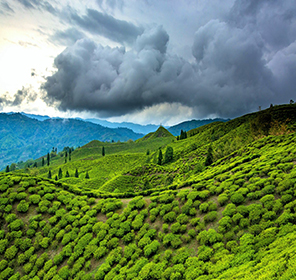
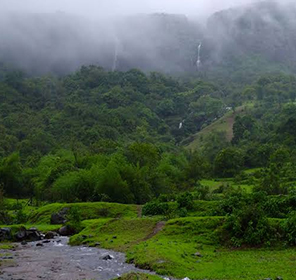
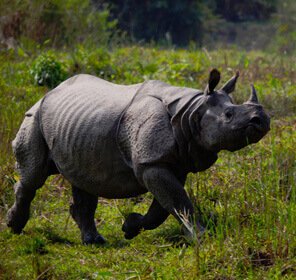
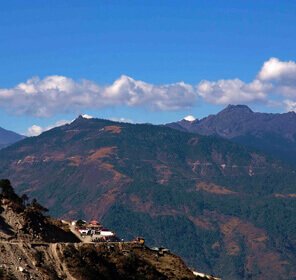






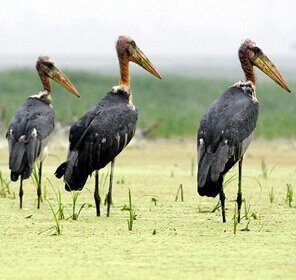

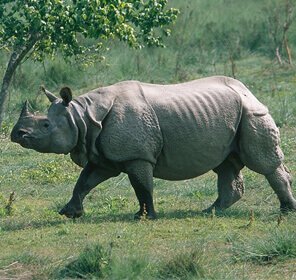







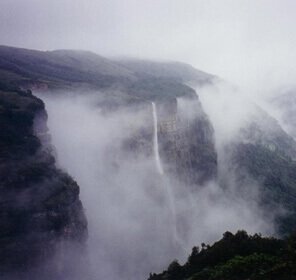
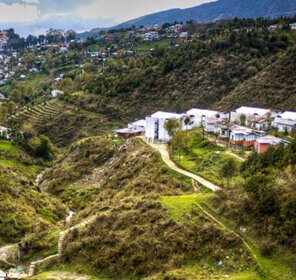
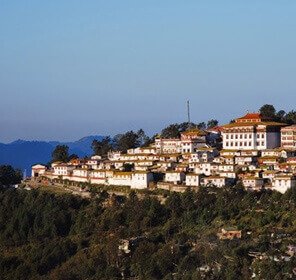
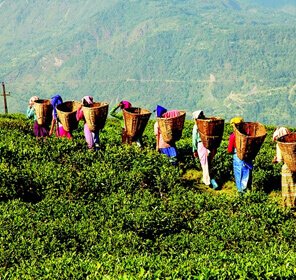
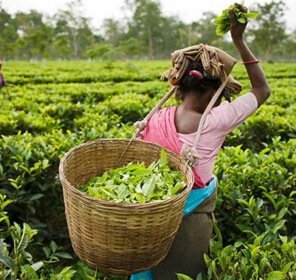


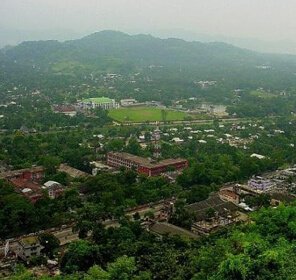
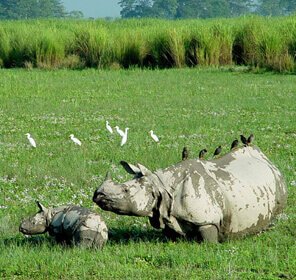




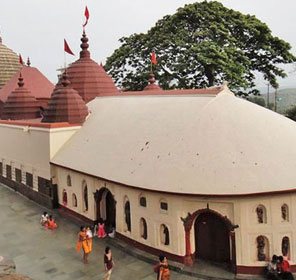


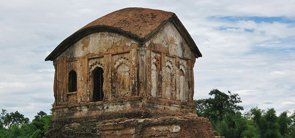
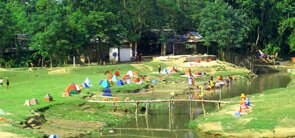



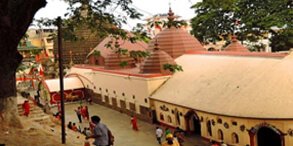
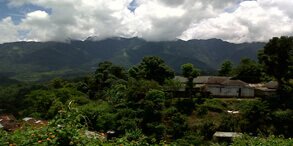
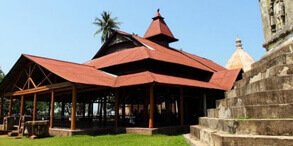
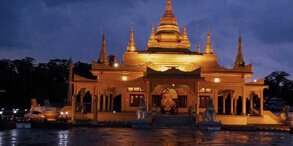
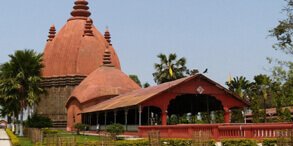
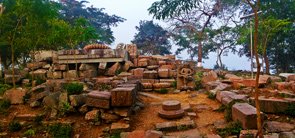
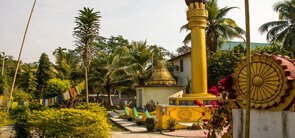


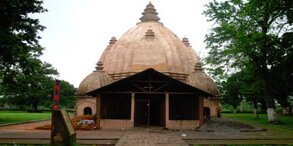

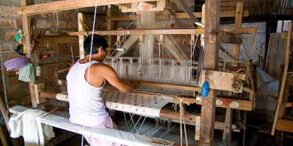
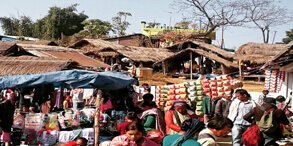

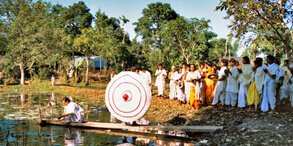
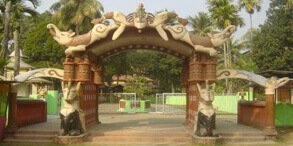


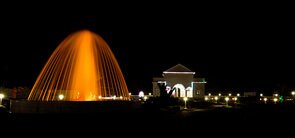

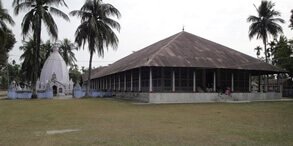

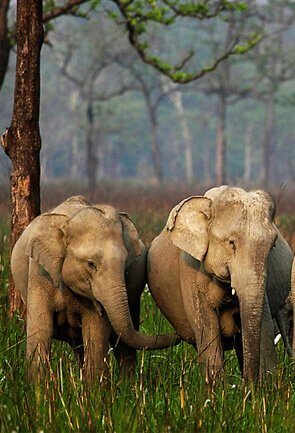
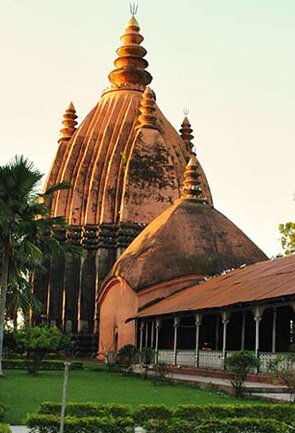
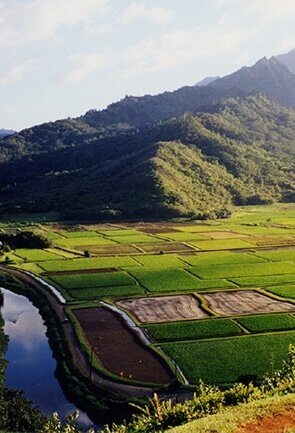


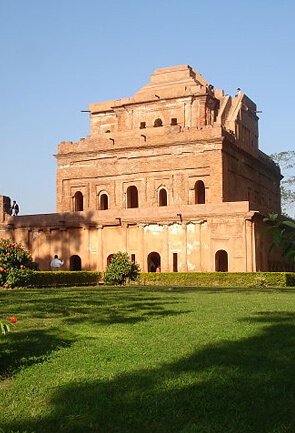
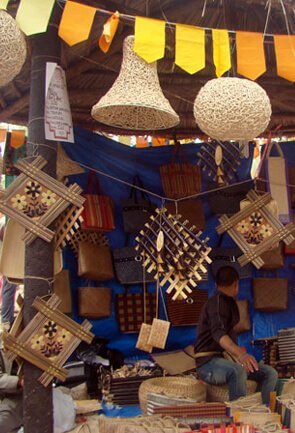
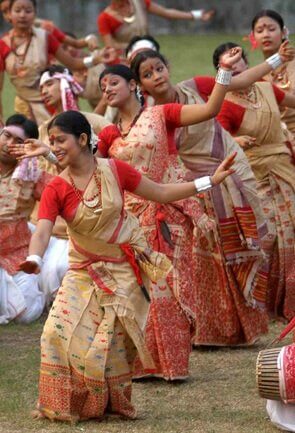
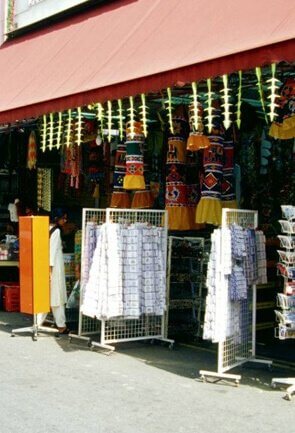
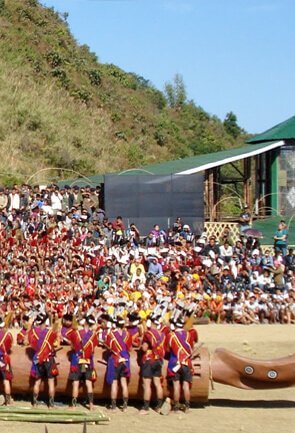

 Plan Trip
Plan Trip Call Us
Call Us Packages
Packages Home
Home